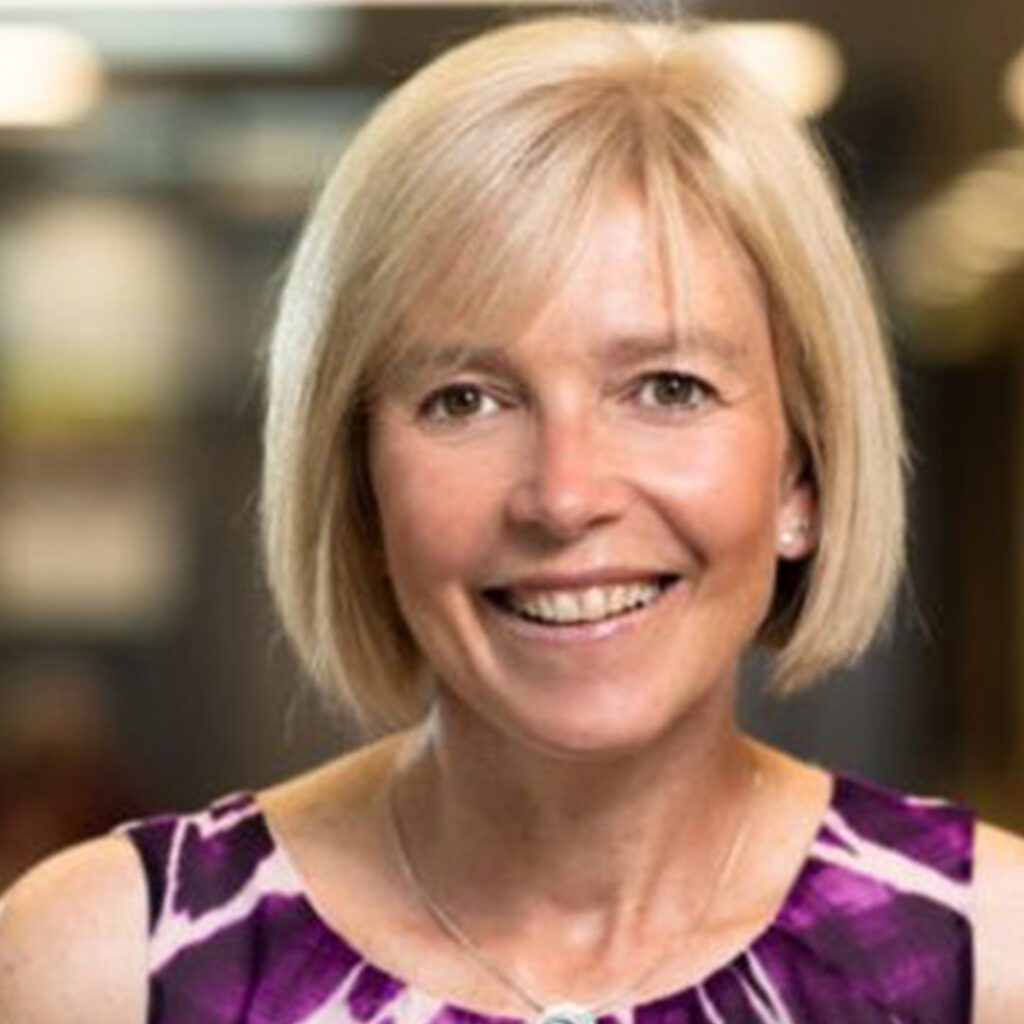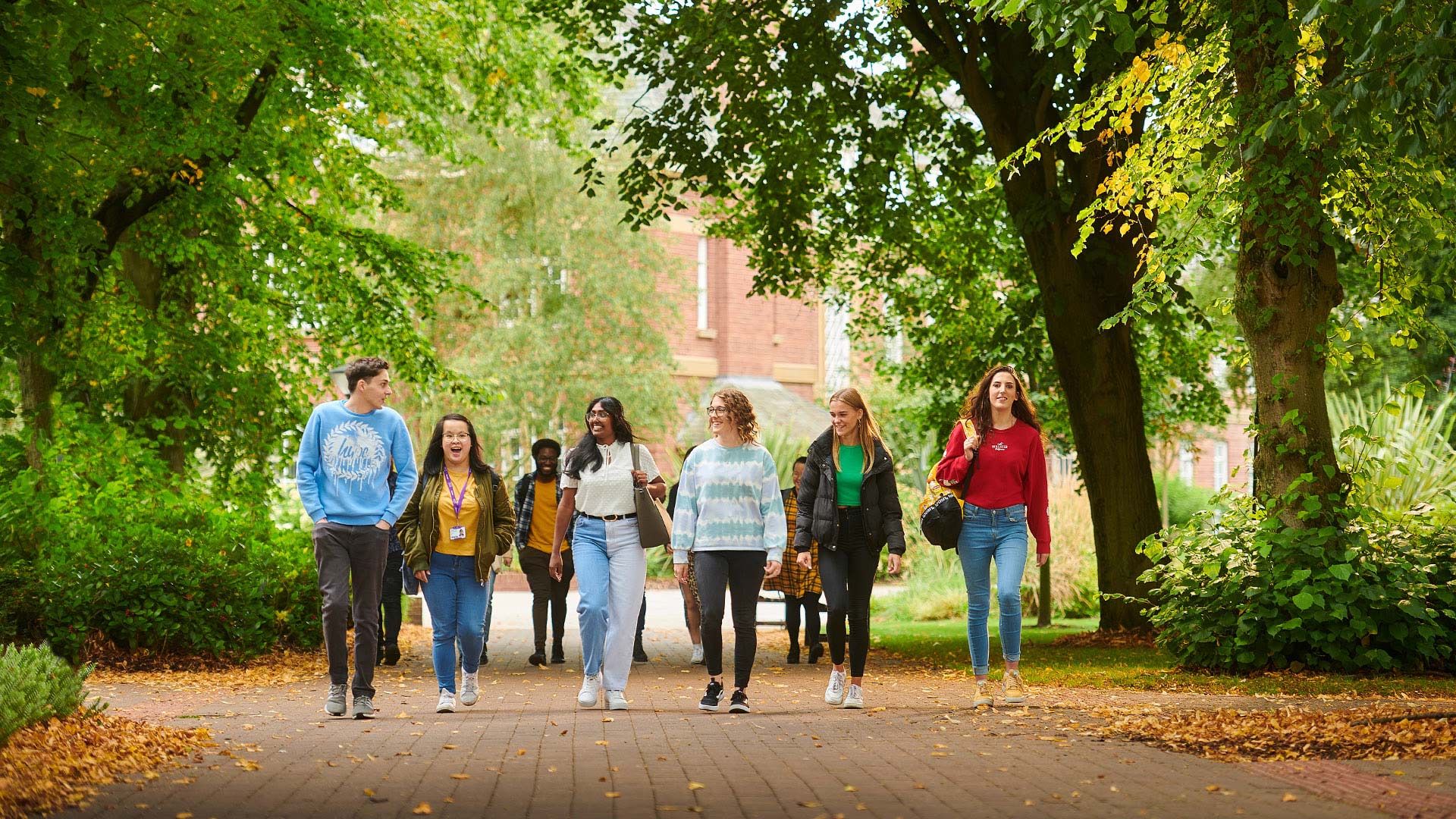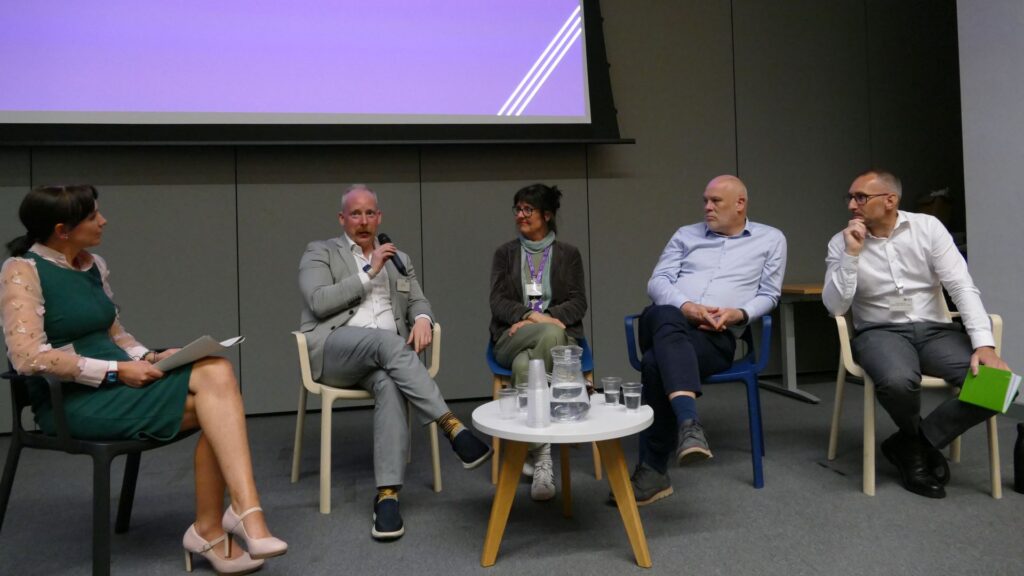This year’s results look at the University’s work around research partnerships, working with the public and third sector, and local growth and regeneration.
Flagship KE projects include the work of the Productivity and Innovation Centre (PIC) which connects SMEs with academic business support, enabling them to achieve profitable growth, job creation, innovation, and business technology adoption.
Tackling the Blues – a partnership between the University, Everton in the Community and Tate Liverpool – is an award-winning mental health sports and art-based programme for young people and been praised by the Government’s first Youth Mental Health Ambassador, Dr Alex George. Since 2015, it has helped more than 5,000 children, teens and university students experiencing mental illness or at risk of developing it. Research suggests it’s helping them become more confident, less anxious, and more in tune with their mental health.
Research partnerships at Edge Hill have a high engagement rating too in the KEF. This is attributed to 62% of the University’s research portfolio being rated world leading or internationally excellent in the Research Excellence Framework 2021.

“Working in partnership with essential public services such as the NHS, local schools, and local government organisations reflects our excellence in delivering research and knowledge exchange projects in partnership with public or third sector organisations.
“Edge Hill’s approach to local growth and regeneration is based on responding to local economic development priorities through effective partnership working. And we have a strong tradition of student-led activities and educational partnership interventions alongside emerging expertise in policy evaluation, creative enterprise, and community-based solutions.
“The delivery of our Continuing Professional Development courses has been strengthened to benefit the local and regional communities we serve too.
“We’re on an exciting journey of growth and the latest results reflect this.”
Professor Jo Crotty, Director of Knowledge Exchange
For more information on knowledge exchange, please email [email protected].
The KEF was introduced in February 2022 as a measure of Knowledge Exchange activities and performance. A strength of the English higher education sector is its diversity. The KEF places providers into ‘clusters’ of peers, with similar characteristics such as how much research they do and in what subject areas.
The KEF allows the performance of a provider to be compared to their ‘cluster’ peers. Edge Hill is placed in Cluster J for mid-sized universities with more of a teaching focus (although research is still in evidence).
September 27, 2023



